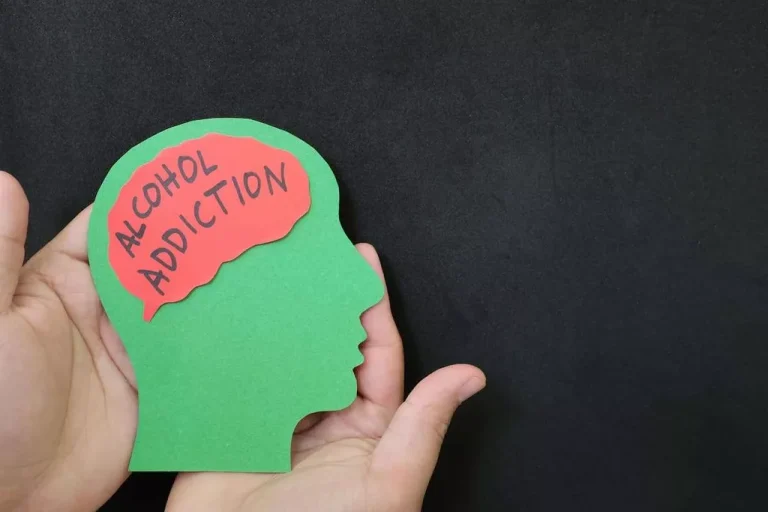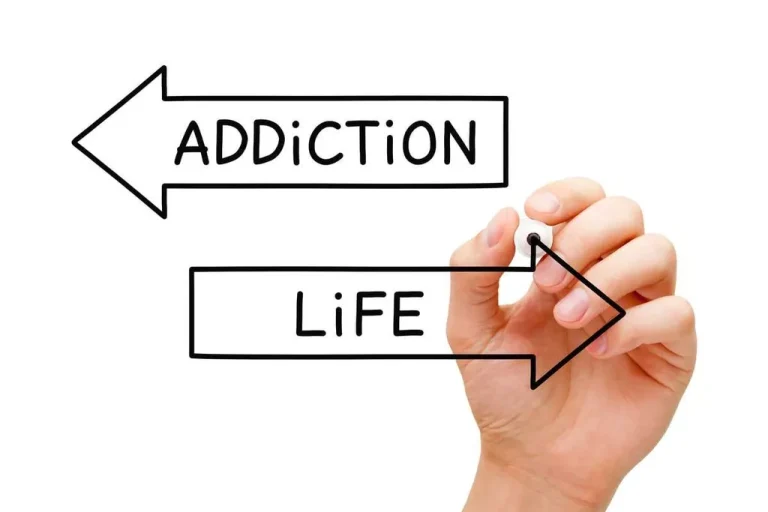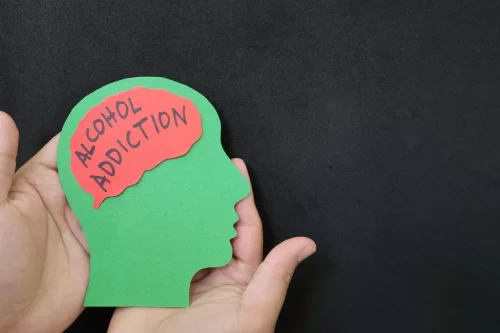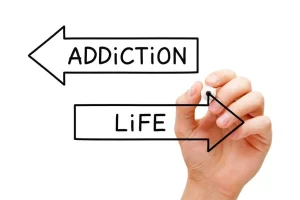Does drinking alcohol keep you warm?

Understanding why alcohol makes you feel warm and being aware of how various factors can influence this sensation can help you better manage the effects of alcohol on your body temperature. Remember to drink responsibly and prioritize your well-being when consuming alcohol. “Just one alcoholic drink can make you does alcohol make you feel warm feel as if you’re warmer, but it actually lowers your core body temperature and increases your risk of hypothermia.
Healthy Headlines

Never try to get through AWS without medical help as some withdrawal symptoms can be fatal. Enrolling in amedical detox programcan help you avoid life-threatening withdrawal symptoms and detox from alcohol safely with the help of professionals. While some of these effects are generally mild and short-lived, others can point to more chronic, compulsive patterns of drinking.
Does alcohol actually raise body temperature?
- Here’s what happens when you’re having an alcoholic drink in the cold.
- People experiencing alcohol withdrawal relating to alcohol dependency should consider seeking urgent medical attention.
- Sign Up for Wine Spectator’s Free Email Newsletters and stay up-to-date with all things wine.
- Our faces redden, sweat drips, and we begin overheating as if someone turned up the thermostat.
- People who experience night sweats regularly after drinking may have an issue with alcohol.
This is because your body’s core temperature – regulated by the brain – and your body’s shell temperature – influenced by the environment – are both under the influence of factors making it cooler. « By flushing and sweating you are delivering more heat to the skin and thereby increasing heat loss from the ‘core’ of the body to the environment. » It depends on what you are drinking (some drinks like alcopops contain more sugar) and people obviously have different taste preferences. The fact that ethanol is created from sugars is also likely to increase our propensity to drink. For example, research suggests that some individuals have a predisposition to prefer sugar and this can make them more prone to developing alcohol addiction. Alcohol also seems to act on some of the same brain areas activated by sweet tastes.
Can I reduce tannins and bitterness in wine by adding powdered egg whites to my glass?
The dilation of blood vessels in the skin may make you feel warmer, but it does not affect your body’s internal temperature regulation. No, alcohol can lower core body temperature by reversing the normal process that keeps us warm. It increases blood flow to the skin and impairs the body’s ability to shiver, making us feel warmer while reducing our actual core temperature. Drinking alcohol causes a flushed, sweaty reaction in some people due to a buildup of acetaldehyde, a toxic byproduct of alcohol.
Paying for Treatment
- Drinking affects your ability to key into your body’s temperature signals and heightens your risk for injuries.
- We already explored how alcohol is damaging to your cells and causes them to expand rapidly.
- Here’s why you should think twice about warming up with a cocktail.
- Your heart can’t pump blood as well, and that impacts every part of your body.
- During a hangover,your body temperature risesfrom the low body temperature you may have had when you were drunk.
It’s a common myth that alcohol raises your internal body temperature, but studies show it can actually lower it. Alcohol consumption affects your ability to regulate your body temperature and also dilates blood vessels, which contributes to feelings of warmth. While this may seem like a perk, it can actually be quite dangerous. The natural tendencies of your body — to detect cold, for example — are there to protect you from frostbite or hypothermia. Usually, your blood vessels constrict in lower temperatures in order to direct blood to your vital organs, Simon said.


The heat from that extra blood passes right out of your body, causing your temperature to drop. On the other hand, long-term heavy drinking boosts your blood pressure. It makes your body release stress hormones that narrow blood vessels, so your heart has to pump harder to push blood through. While consuming alcohol can make you feel warmer, your body temperature doesn’t actually change. Blood is redirected to your extremities because the drug acts a vasodilator, which is where the sensation of warmth comes from. However, this process of vasodilation means you lose heat, and your core body temperature drops.

As stated before, an alcoholic flush is sometimes referred to as Asian glow. This term originated because certain groups of people, particularly people throughout East Asia, have a higher risk for enzyme deficiency than average. We publish material that is researched, cited, edited and reviewed by licensed medical professionals. The information we provide is not intended to be a substitute for professional medical advice, diagnosis or treatment. It Halfway house should not be used in place of the advice of your physician or other qualified healthcare provider. It should not be used in place of the advice of your physician or other qualified healthcare providers.

Sunset Forte Alcohol Flush Support
When you drink alcohol, it causes blood vessels near the skin’s surface to dilate, producing a warm sensation. As your core body temperature drops, your body will try to defend its deep body temperature, and blood flow to the skin will shut down. This can lead to hypothermia, which occurs when your body temperature drops so low that it causes a cardiac arrest. A study on the effects of alcohol on thermoregulation found that alcohol consumption lowered the body’s core temperature. The study showed that alcohol affected the body’s ability to adjust its temperature over a 24-hour period, reducing the range of temperatures the body could regulate.
- Some research shows that alcohol use increases the risk of hot flashes, while other studies have found the opposite.
- – Heavy drinking impairs the body’s ability to shiver and generate warmth when exposed to the cold.
- The flu shot cannot give you the flu, but anytime you have a vaccine you could potentially feel a little under the weather for a day or two.
- As a result, your blood vessels expand, bringing more blood to the surface of your skin, and this increased blood flow generates a sensation of warmth.
It is essential to stay hydrated by drinking water or non-alcoholic beverages. The disruption of thermoregulation caused by alcohol consumption can have dangerous consequences, especially in cold environments. People with high blood alcohol levels may mistakenly believe they are warmer than they actually are, increasing the risk of hypothermia. This risk is furthersection compounded by alcohol’s inhibitory effects on cognitive function, which can lead to poor decision-making regarding appropriate clothing or shelter. In general, hot flashes and sweating are signs that our hangover has triggered our sympathetic nervous system, otherwise known as our fight-or-flight response. Symptoms typically include trembling or shaking, sweating, feeling hot, a rapid heartbeat, and high blood pressure.
: Sober living | Tags:
Vous pouvez suivre les prochains commentaires à cet article grâce au flux RSS 2.0

 Service commercial : 01 80 88 43 02
Service commercial : 01 80 88 43 02
Répondre
Désolé vous devez être connecté pour publier un commentaire.